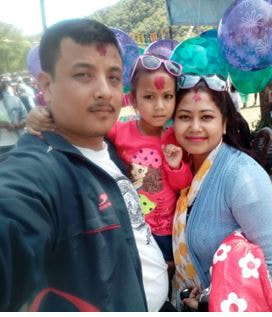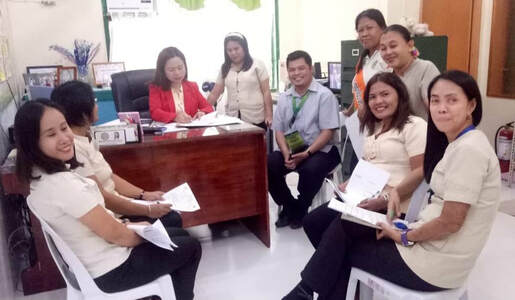International Network
IDEA is our common plate. We may be poor in economic status, but I am
thankful to IDEA because it helped many of us stand and speak about
ourselves...We can knock at the door of the government.
We are citizens of our nations."
Amar Timilsina, IDEA Nepal


